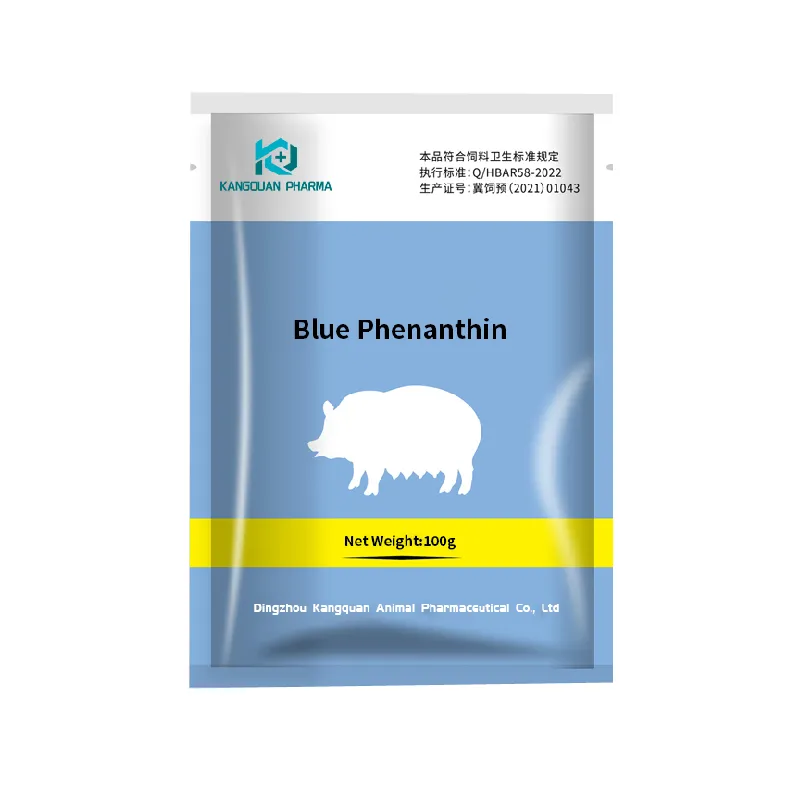- Afrikaans
- Albanian
- Amharic
- Arabic
- Armenian
- Azerbaijani
- Basque
- Belarusian
- Bengali
- Bosnian
- Bulgarian
- Catalan
- Cebuano
- Corsican
- Croatian
- Czech
- Danish
- Dutch
- English
- Esperanto
- Estonian
- Finnish
- French
- Frisian
- Galician
- Georgian
- German
- Greek
- Gujarati
- Haitian Creole
- hausa
- hawaiian
- Hebrew
- Hindi
- Miao
- Hungarian
- Icelandic
- igbo
- Indonesian
- irish
- Italian
- Japanese
- Javanese
- Kannada
- kazakh
- Khmer
- Rwandese
- Korean
- Kurdish
- Kyrgyz
- Lao
- Latin
- Latvian
- Lithuanian
- Luxembourgish
- Macedonian
- Malgashi
- Malay
- Malayalam
- Maltese
- Maori
- Marathi
- Mongolian
- Myanmar
- Nepali
- Norwegian
- Norwegian
- Occitan
- Pashto
- Persian
- Polish
- Portuguese
- Punjabi
- Romanian
- Russian
- Samoan
- Scottish Gaelic
- Serbian
- Sesotho
- Shona
- Sindhi
- Sinhala
- Slovak
- Slovenian
- Somali
- Spanish
- Sundanese
- Swahili
- Swedish
- Tagalog
- Tajik
- Tamil
- Tatar
- Telugu
- Thai
- Turkish
- Turkmen
- Ukrainian
- Urdu
- Uighur
- Uzbek
- Vietnamese
- Welsh
- Bantu
- Yiddish
- Yoruba
- Zulu
Dec . 06, 2024 21:50 Back to list
enrofloxacin injection cattle
Enrofloxacin Injection in Cattle Uses, Benefits, and Considerations
Enrofloxacin is a synthetic fluorinated quinolone antibiotic that has gained popularity in veterinary medicine, particularly in the treatment of bacterial infections in cattle. Its effectiveness against a broad spectrum of Gram-negative and some Gram-positive bacteria makes it a valuable tool in managing health issues in livestock. This article explores the uses, benefits, and considerations regarding the use of enrofloxacin injection in cattle.
Uses of Enrofloxacin in Cattle
Enrofloxacin is primarily used to treat respiratory infections, such as pneumonia, which is common in cattle, especially in young calves and stressed animals. It is also effective against infections in the gastrointestinal tract, urinary tract infections, and certain skin infections. The drug works by inhibiting bacterial DNA gyrase and topoisomerase IV, enzymes essential for DNA replication and repair, ultimately leading to bacterial cell death.
Due to its potent antibacterial properties, enrofloxacin is often used in a variety of farm settings. It is particularly beneficial in cases where fast-acting treatment is essential, such as in situations involving widespread outbreaks of bacterial diseases or when animals exhibit severe clinical symptoms. The ability to administer enrofloxacin via injection allows for rapid absorption into the bloodstream, facilitating quicker therapeutic effects compared to oral administration.
Benefits of Enrofloxacin
One of the main advantages of enrofloxacin is its efficacy in treating resistant bacterial strains. With the rising concern over antibiotic resistance, enrofloxacin provides a potent option against some pathogens that may not respond to traditional antibiotics. This quality is particularly crucial in the cattle industry, where bacterial infections can lead to significant economic losses due to decreased milk production, weight gain, and overall health.
Moreover, enrofloxacin has a favorable pharmacokinetic profile, which means that it is well-absorbed and distributed in the body, allowing it to reach therapeutic concentrations in tissues that are often difficult to penetrate. This characteristic is especially important in treating infections that may not be easily accessible to other antibiotics.
enrofloxacin injection cattle

Another benefit is its comparatively low toxicity profile when used at recommended dosages. This makes enrofloxacin a safe choice for treating various infections in cattle, provided that it is used according to veterinary guidance. The withdrawal time for enrofloxacin is also an essential aspect to consider, as it helps ensure that drug residues do not enter the food supply, thereby complying with food safety regulations.
Considerations and Challenges
Despite its many advantages, the use of enrofloxacin in cattle is not without its challenges. One of the primary concerns is the potential for the development of antibiotic-resistant bacteria. As with all antibiotics, there is a risk that the misuse or overuse of enrofloxacin can lead to resistance, making some infections harder to treat in the future. Therefore, it is imperative that enrofloxacin is used judiciously, under the guidance of a veterinarian.
Additionally, it is vital to adhere to proper withdrawal times post-treatment to prevent drug residues in meat and milk, as violations can lead to serious public health issues and economic repercussions for farmers. Enrofloxacin is classified as a high importance antibiotic by the World Health Organization, which places it under scrutiny in terms of veterinary use.
Lastly, while enrofloxacin is an effective treatment option, it is essential to conduct a thorough diagnostic workup before its use to ensure that it is the appropriate antibiotic for the specific infection being treated. This diagnostic approach helps in avoiding inappropriate antibiotic use and contributes to the responsible management of livestock health.
Conclusion
In summary, enrofloxacin injection is a potent tool in the fight against bacterial infections in cattle, offering significant benefits in terms of efficacy and safety. However, it must be used carefully, considering the potential for antibiotic resistance and the importance of food safety. With responsible use and veterinary oversight, enrofloxacin can play a vital role in maintaining the health and productivity of cattle, ultimately benefiting the livestock industry as a whole.
-
Guide to Oxytetracycline Injection
NewsMar.27,2025
-
Guide to Colistin Sulphate
NewsMar.27,2025
-
Gentamicin Sulfate: Uses, Price, And Key Information
NewsMar.27,2025
-
Enrofloxacin Injection: Uses, Price, And Supplier Information
NewsMar.27,2025
-
Dexamethasone Sodium Phosphate Injection: Uses, Price, And Key Information
NewsMar.27,2025
-
Albendazole Tablet: Uses, Dosage, Cost, And Key Information
NewsMar.27,2025













